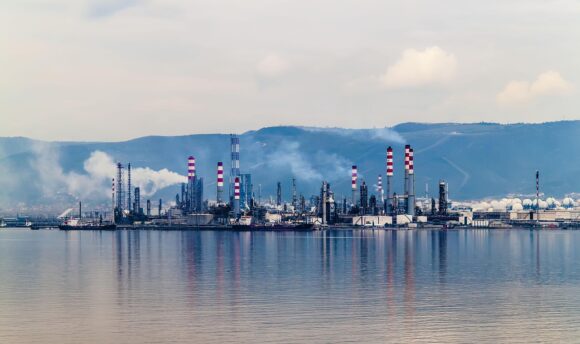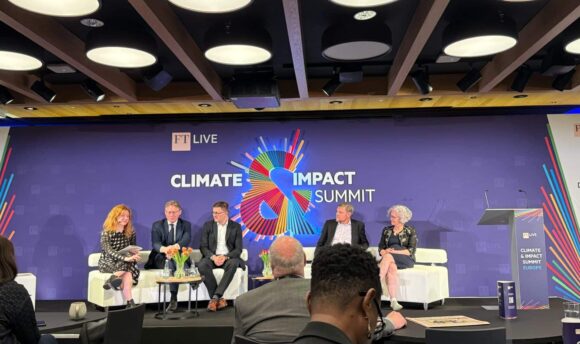In four days, the IPCC will release its report on the consequences of a +1.5°C global warming. Their conclusions will be unquestionable: There is still time to prevent runaway climate change and its disastrous social impacts. But this would require tremendous immediate climate action and a thorough phase-out of fossil fuels, starting with the worst climate offender: coal.
This is not new: Every year, scientific and high level political reports, similar to that by the UN last year, call for an end to new coal plants worldwide and an accelerated phase-out of existing plants as key steps to achieving the Paris Climate commitments.
However, since the Paris Climate Agreement was negotiated in December 2015, the world’s installed coal-fired capacity grew by 92,000 MW – an increase equal to the combined operating coal fleets of Russia and Japan. This brutal violation of the recently adopted international agreement was made possible thanks to the complicity of the insurance industry.
Behind each MW of this 92 GW are several insurers who are providing the several types of coverage required for coal companies to get their fatal projects financed, permitted and finally built and operating. In other words, while insurers publicly paid lip service to the need to address climate change, they were privately backing companies trampling on the Paris Agreement.
This has to change now. While the coal plant pipeline has shrunk significantly since 2016, over 1,380 new coal plants and units are still planned or under development in 59 countries. If built, these plants would add 672,124 MW to the global coal plant fleet – an increase of 33%.
Faced with this threat, there is no more compromise possible. No more postponement of climate action, no more action at homeopathic doses. Insurers must choose a team: They can insure climate criminals or translate their pretty words about fighting climate change into action. It’s time to blacklist the companies behind the coal pipeline, regardless of their other activities.
Urgewald, partner of the Unfriend coal campaign, has identified 120 companies that account for 68% of the global coal plant pipeline. The companies on “the coal plant developers list” were selected because they are aggressively pushing new coal plants that will lock countries into a cycle of coal dependency for decades to come. Far from aiming to solve energy poverty, most of them are mining companies willing to build new coal plants in order to secure a market for their own coal production.
Moreover, these coal plant developers are not the usual coal companies, which are very dependent on coal and the first to be blacklisted by financial actors. Swiss Re and Zurich restrict their investment and underwriting supports to companies generating more than 30% or 50% of their power generation from coal. This is far from enough to prevent them from backing the development of new coal plants worldwide. Indeed, at least 23% of the new coal pipeline is planned by companies producing less than 50% of their electricity from coal, and 19% of it is planned by companies producing less than 30% of their electricity from coal.
If insurers want to adopt impactful exclusion policies tailored to answer the most urgent climate threats, they have to urgently screen companies not only based on their relative exposure to the coal sector but also based on their absolute activity in coal and on their coal development plans.
In the last year, some insurers have started to acknowledge the reality of the coal market and translate it into their policies. AXA, Allianz, Generali and SCOR have all divested from some coal plant developers. But far from guaranteeing their climate leadership, their position has been undermined by hypocrisy as none are applying the same logic to their underwriting activities.
It’s by acting on their underwriting activity that insurers have the power to nip thousands of new projects in the bud. At the same time, they can hasten the transition away from fossil fuels that the IPCC’s 1.5°C report is calling for, and ensure humanity has a future. The Urgewald coal plant developers list offers the insurance industry the best tool to demonstrate they are serious about doing what it takes to prevent runaway climate change.
In the aftermath of the 1.5°C IPCC report, will insurers embrace this blacklist and stop underwriting coal plant developers, or will they be judged tomorrow as climate criminals? The future is in their hands.



